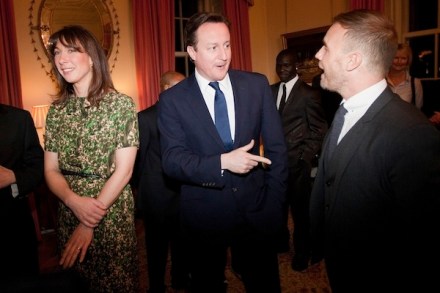Listen: Could this George Galloway speech save the Union?
Unionists frequently lament the lack of passionate figures on the Better Together campaign, able to take on Alex Salmond. Thankfully, there is at least one such person — George Galloway. His nine minute speech at last night’s Spectator debate is one of the most forceful and convincing arguments we’ve heard so far against Scottish Independence. Listen to the audio in full here: listen to ‘George Galloway argues independence is the greatest threat to Edinburgh’ on Audioboo




















